Search Results
Showing results 1 to 12 of 12
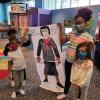
Body Biographies
Source Institutions
In this activity, learners will learn about a person they admire (famous, family or otherwise) or even themselves and create a life-sized silhouette.
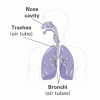
Heart and Lungs
Source Institutions
In this environmental health activity, learners investigate their breathing and pulse rates, and learn how these measurements are affected by physical activity.

Building a 3-D Space Maze: Escher Staircase
Source Institutions
In this activity (page 95 of the PDF), learners create Escher Staircase models similar to those that were used by Neurolab's Spatial Orientation Team to investigate the processing of information about
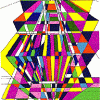
Our Sense of Sight: Color Vision
Source Institutions
In this activity, learners investigate color vision as well as plan and conduct their own experiments.
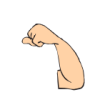
A Book About Me
Source Institutions
In this math activity, each learner creates a book about themselves using a template. Learners discuss the different parts of the body and practice measuring their body parts using crayons.
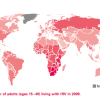
Mapping the Spread of HIV/AIDS: Trailing the Pandemic
Source Institutions
In this activity, learners act as epidemiologists by mapping the prevalence of HIV/AIDS worldwide.
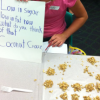
Science Cooks!
Source Institutions
In this health, cooking, and math activity, learners explore nutrition and examine nutrition labels.
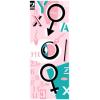
Genetics the Easy Way
Source Institutions
In this activity, learners make critters out of recyclables and apply the rules of mathematics to solve genetics problems.
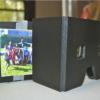
Stereoscope
Source Institutions
In this activity, learners construct a device that allows them to view 2-D images in 3-D.

Space Stations: Sponge Spool Spine
Source Institutions
In this activity, learners simulate what happens to a human spine in space by making Sponge Spool Spines (alternating sponge pieces and spools threaded on a pipe cleaner).

Size, Scale and Models
Source Institutions
In this activity, learners take measurements and create charts to learn about the size of dinosaurs and their relative scale to humans.
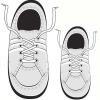
The Length of My Foot
Source Institutions
In this math lesson, learners explore the concept of using units to measure length. Learners first read "How Big is a Foot" by Rolf Myller and learn about units.
